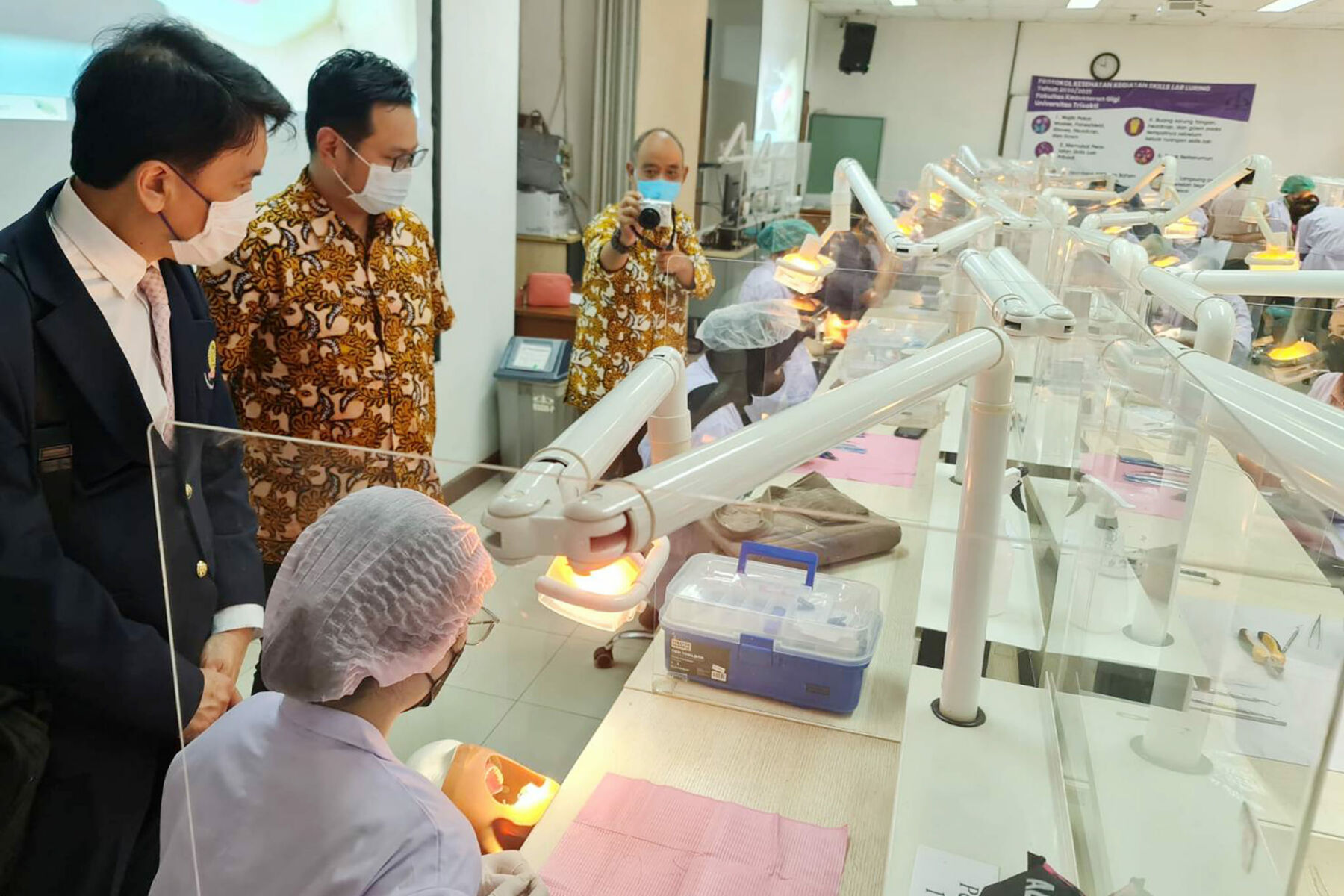Chula University’s dentistry faculty ranked Top 70 in QS World University Rankings by Subject

Chulalongkorn University’s Faculty of Dentistry has achieved a global ranking of 70th, according to the QS World University Rankings by Subject.
Dean of the Faculty, Pornchai Jansisyanont, revealed that this is the first time a Thai dental faculty has reached such esteem. It serves as a reward for their mission to enhance research capabilities leading to innovative breakthroughs.
The faculty has garnered praise for its academic reputation and research output, with much of its work cited by other researchers and featured in published articles. Jansisyanont shared that the faculty produces an average of 190 papers per year, with nearly 25% considered high quality by their peers.
Furthermore, the percentage of its papers published in Scopus, a multidisciplinary citation database of peer-reviewed literature, increased from 30.61% in 2021 to 75.51% in 2022.
Jansisyanont attributed their success to past deans who emphasised cultivating a research-focused climate at the Faculty, leading to numerous reliable research pieces being accepted by international communities.
Jansisyanont said…
“Our lecturers and researchers have collaborated with external partners to develop innovative solutions and elevate dental science within the country.”
The Faculty has adopted a policy aimed at transforming research into innovation, which can stimulate economic growth through the emergence of start-ups, income generation, and job creation.
A holding company has been established to convert research findings into a business platform, allowing researchers to address commercial-scale demands and attracting further projects.
In innovation, the Faculty has teamed up with the National Science and Technology Development Agency (NSTDA) to develop nano-hydroxyapatite, a substance designed to restore minerals in people’s teeth. This innovative material will feature in a new toothpaste product, which the Faculty plans to launch on the market soon.
Additionally, the Faculty has collaborated with partner PTT to create an AI program aimed at expanding accessible dental services to a larger population. This includes developing chatbot software to provide information to patients.
To strengthen academic and research cooperation, the Faculty has sought partnerships with prestigious international universities. They have also introduced a combined program designed to foster multidisciplinary skill sets in students in preparation for future careers. Jansisyanont highlighted the addition of courses in public health management, engineering, and an MBA program.
Latest Thailand News
Follow The Thaiger on Google News:


























